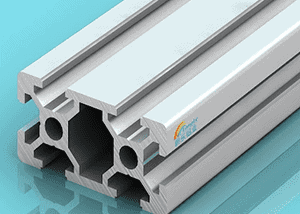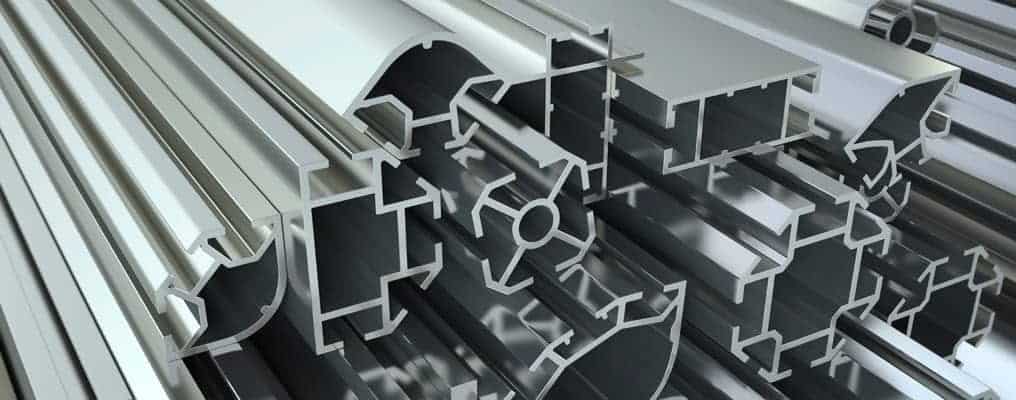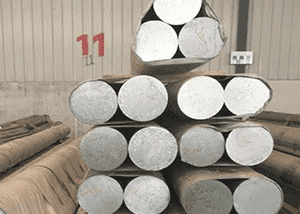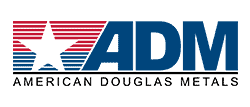First of all, what are custom aluminum extrusions? It’s the manufacturing process of taking aluminum billet (logs), heating them until they’re malleable, and pushing them through a die to create specific component shapes. Though any metal can be put through the extrusion process, aluminum is usually a fantastic choice thanks to its light weight and versatility. This has made it the metal of choice for many industries, including construction and automotive manufacturing. Extruded aluminum, in particular, is commonly used in structural applications because it can be easily bent without weakening or compromising its integrity, making it very durable and long-lasting.
Custom aluminum extrusions are typically used in the manufacturing of equipment. They can be purchased for a number of reasons, including machine guarding and safety enclosures. They’re often chosen because it’s easy to manufacture and install, but there are other considerations you should make before purchasing them – like how much weight they can support or if they need to have an anti-slip surface applied. These extrusions are available in a variety of sizes, shapes, colors, textures, thicknesses, and finishes.

This is a lot to consider, and if you’re not already knowledgeable, it’s easy to make a mistake. American Douglas Metals (ADM) has been fabricating and processing custom aluminum extrusions since 1976. As experts in the industry, we can help guide you in determining the exact specifications for your own extrusion profiles.
The importance of accuracy when creating a custom aluminum extrusion
Accuracy is critical when manufacturing extrusions. The last thing you want is to end up with literal tons of product only to discover the dimensions aren’t correct. That’s why it’s a wise decision to have a company that will go through the steps with you, like ADM. There’s several different factors that go into the extrusion process. While general templates do exist, it’s better to have a custom-made job if your product requires a very specific shape and size.
These aluminum extrusions are made by forcing hot, liquid aluminum through a steel die. Think of the die like a mold. For custom aluminum shapes, a custom die has to be created first. Aluminum can be machined to a higher degree of precision, but this does result in an increased cost. Depending on what you’re using the aluminum for, it may also require additional finishing or heat treating to ensure it’s strong enough. Of course, how exact the specifications need to be depend entirely on what you’ll be using these extrusions for.
There’s also two separate ways the aluminum can be extruded. The Hot heading and cold heading processes are sort of self-explanatory. Hot heading is when the aluminum is heated to a very specific point (generally 25% beneath melting point) and pushed through the die. Cold heading is the same process, but it’s done at room temperatures. Both methods have strengths and weaknesses, but generally, hot heading is a faster process, while cold heading results in a more durable product.

Finishes for aluminum extrusions and what they’re used for
Now we come to finishes. Aluminum extrusions have several different finishes that can be applied to them: mechanical finishes, chemical finishes, anodizing, liquid coating, and powder coating. These finishes are used for a variety of reasons, but each one has a very specific purpose in mind.
Typically, they’re used to make the aluminum more resistant to scratching or corrosion if the material is expected to endure some level of stress. Though finishes are also used to enhance the extrusion’s appearance. The objective could be to give the custom extrusions a more appealing shine or to help paint cling to the material more effectively.
Selecting the right aluminum alloy for extrusion
Just as there are different processes and finishes, so too are there different types of aluminum alloys to choose from. This step is particularly crucial because different aluminum alloys are used for different purposes:
- 6061-T651 – A great choice for welding and holding a form while remaining easy to machine after a heat treatment. The 6061 also has a good combination of corrosion resistance and strength.
- 6063-T52 – Weaker than the 6061 with a lower weld strength, it’s still a good choice for more decorative purposes.
- 7075-T76 – Possesses less corrosion resistance and can’t be welded as well as 6061. However, this is an incredibly strong aluminum alloy that compares very well to steel.
These are only a few choices when it comes to alloys, and some are better for the extrusion process than others. However, they all have their own strengths, and there’s a wealth of choices to make any custom material.

ADM will design what you need for you
It’s a lot of information, and we’ve only scratched the surface of the manufacturing process. We at ADM have been in the industry for 45 years and we pride ourselves on fabricating custom aluminum extrusions to our customers’ exact specifications at competitive prices. Our products are made with the finest materials, and whether you need a custom job or something more standard, we’re equipped for the task. From the exact dimensions right down to the finish, we’ll be with you every step of the way.
